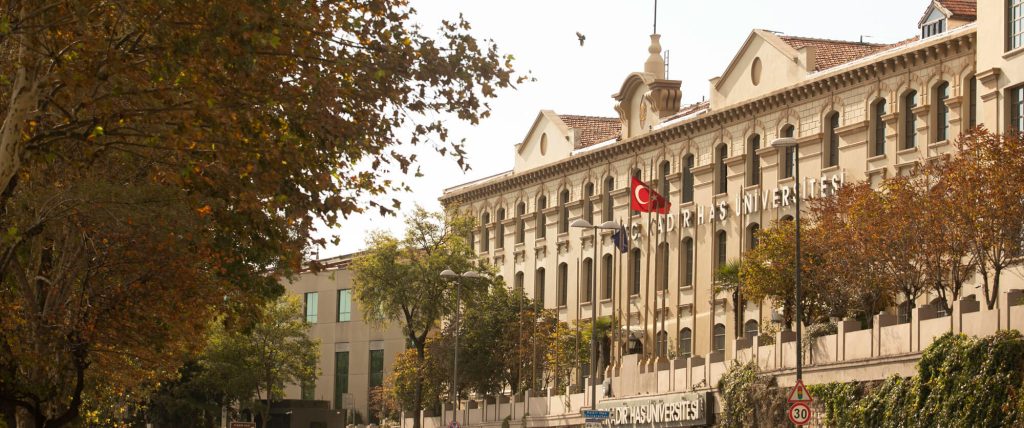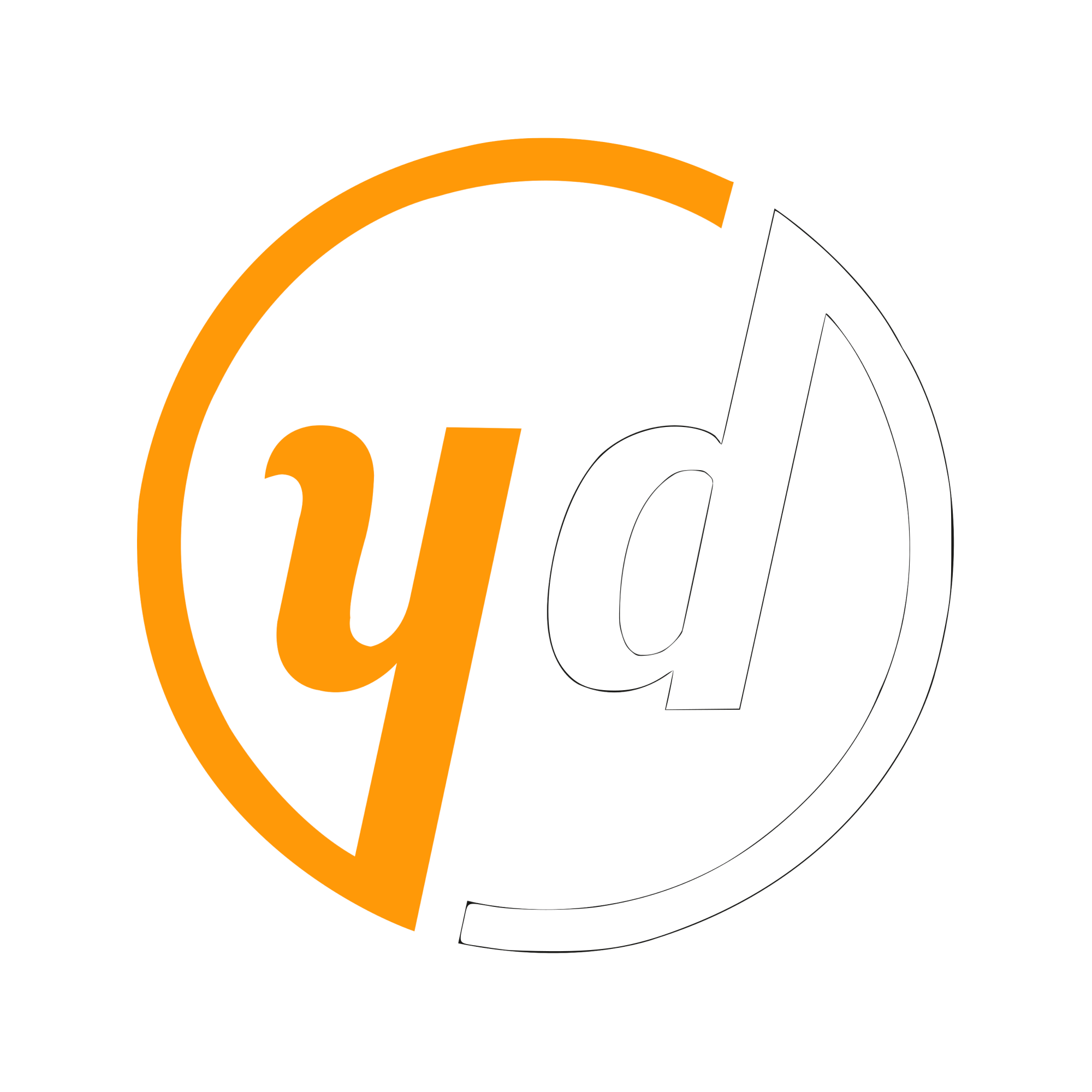
Kadir Has University
Kadir Has, one of the leading philanthropic businessmen raised by the Republic of Turkey, was born in Kayseri in 1921. His father, who is a charitable businessman like himself, is Nuri Bey, and his mother is Zekiye Hanim. His father Nuri Has, known for his hard work and honesty, was one of the leading respected businessmen of the country with many factories and commercial organizations he founded in Adana. He was one of the founders of Akbank, one of the important brands of the Turkish banking sector.
Kadir Has graduated from Boğaziçi High School in 1942. In the same year, he married Rezan Hanım, the daughter of Mehmet and Şehime Germirli, one of the well-known families of Kayseri. Kadir Bey and Mrs. Rezan have always been an exemplary couple to society with their happy marriages that have lasted a lifetime.
Kadir Has started his business life immediately after his marriage. Following in the footsteps of his father, he became one of the few business people of Adana with his entrepreneurial spirit, hard work and honesty. he settled in Istanbul in 1960; he achieved many successes in the automotive industry and became one of the respected business people Decently in Istanbul. He founded the Mercedes Bus and Truck Factory. He served as the Chairman and Member of the Board of Directors of this institution for many years. He founded the first Coca-Cola factory in our country. He took part between the Koç Family and the partners of the Peugeot brand minibus factory in Bursa under the name of Karsan. Dec. He took over the distribution of the famous Michelin Tires of the French in Turkey. He owned the largest founding share of Akbank after the Sabancı Family.
After his successes in business life, in his own words, Kadir Has, who believes that it is the greatest honor and loyalty to give what he has earned from his country to his country again, systematically focused on charitable works, especially in the field of education, in the 1980s to pay off his “homeland debt”. His father took Nuri Has as an example to him, and Nuri Bey's saying, “Building a school saves a thousand people from going to prison,” has always been his guide.
he has carried out many important charitable works for the development of the country, especially education and health, with the Kadir Has Foundation (HASVAK), which he founded with his wife in 1991. According to his will, he and his wife donated all their wealth to this foundation. our founder Kadir Has, who started the foundation work in 1992 and was officially established in 1997, who speaks of our eponymous university as his “greatest dream realized”, served as the Chairman of the Board of Trustees of our university until his death in 2007.
in 1997, the then President Mr. He was awarded the “State Distinguished Service Medal” by Süleyman Demirel for his services to Turkey. he was awarded Honorary Doctorate degrees by Marmara University and TRNC Lefke European University in 1997; Çanakkale Onsekiz March University in 1998 and Erciyes University in 1999. In addition, more than 100 awards and certificates of appreciation from various institutions have been presented.
Kadir Has University: The Development of Industry and Ideas
The foundation activities of our university were started by the Kadir Has Foundation (HASVAK) in 1992 under the leadership of the late Kadir Has. Our official establishment was carried out with the law dated 28.05.1997 and numbered 4263.
The construction of Selimpaşa Campus started in 1998, and the restoration of the historical Tekel Cibali Cigarette Factory on the Golden Horn shore, which forms an important part of the Central Campus, started in 1999. The University, which took Bahçelievler Campus into use in the 2000-2001 period, extended its activities to all Cibali, Selimpaşa and Bahçelievler campuses starting from the 2001-2002 academic year. at the end of 2007, the modern D Block was built to enlarge the Cibali Campus. The Sports Hall and related facilities were realized in cooperation with Fatih Municipality in 2008. The name of Cibali Campus was changed to Kadir Has Campus on March 28, 2007.
The founding rector of our university is Prof. Dr. Ergur Tütüncüoğlu started his career in 2002 as a Professor. Dr. To Yücel Yılmaz; he is also our third rector in February 2010, Prof. Dr. Mustafa handed it over to Aydin. In March 2018, our fourth rector Prof. Dr. Sondan Durukanoglu Feiz, his mission is Prof. Dr. He took over from Mustafa Aydin.
Cibali: From a Tobacco-Processing Factory to a University that Produces Science
The oldest district of Istanbul is located behind the historical Byzantine walls. These walls also surround the Cibali district, where the central campus of Kadir Has University is located. Our Central Campus is only a few meters away from the Golden Horn, which has also been known as the “Golden Horn” since the Ottoman period.
The adjacent district of the campus is located in the heart of commercial life in the Ottoman period in the Unkapanı district and the 19th century. there was Zeugma, which was used until the century, and naturally the activities around Zeugma brought movement to the region. Cibali was also getting his share from this mobility. The warehouses and warehouses on the shores of the Golden Horn of Cibali give an idea of the commercial life that has developed towards this region. The region is bordered by Küçükmustafapaşa in the west, Zeyrek in the south, Unkapanı in the east and Haliç in the north.
Porto del Pozzo, the port of Cibali, was smaller compared to the Golden Horn. In ancient times, the distance between the sea and the Golden Horn walls was about 12-15 meters, and warehouses and shipyards filled with goods that would depart from the Golden Horn port Decked out on the coastline. The passages inside the walls made it easy to transport goods.
According to a common belief, Cibali received its name in 1453 during the conquest of Istanbul by Fatih Sultan Mehmet. Cebe Ali Bey, a Bursa soldier, broke down the city walls and entered the city. It is believed that the name given by the people to this point in reference to Cebe Ali Bey evolved to “Cibali” over time. After the conquest, the Cibali region began to develop. Captains Murat Reis, Mustafa Pasha and Kemal Reis, who were all famous sailors, built mansions for themselves in the region.
There are two factors that unite Cibali with the identity of Istanbul. The first was the fires that broke out frequently in the region; the second was the tobacco factory and tobacco warehouse that bore the same name as the district. Since Cibali is a commercial center and many flammable materials are used in shipbuilding, there were frequent fires. If the wind blew from the northeast, fires in the inner and outer part of the Golden Horn walls posed a serious danger, especially since there were many wooden buildings in the city at that time. Many of the major fire disasters were called the ”Cibali Fires".
The Cibali Tobacco Factory, founded in 1884, was an important institution that changed the region in a social and economic sense. The large factory building of the institution, which started operating just after the 1900s, was used for tobacco processing and cigarette production. Tobacco customs had also gathered in this area, and many of the workers working in the factory lived in this vicinity. after 45 years of French operation, the operation of the factory passed to the state on March 1, 1925, following the establishment of the republic.
If we look at the photos taken in the 1900s that describe life in the factory, the landscape we will see is remarkable. A total of 2162 people worked here, of which 1500 were women and 662 were men. TEKEL Cibali Tobacco Factory was actually a small city on its own with its own police, social workers, hospitals, social facilities, grocery stores, schools, fire department, trade unions and restaurants. Tobacco was processed, sold and stored in the factory for many years. Today, an educational institution is located in this building.
the Deconstruction of the building was completed by the Kadir Has Foundation between 1999-2000 and it was reborn as Kadir Has University. The factory, most of which was evacuated and completely abandoned, was sold to the Kadir Has Foundation by the Ministry of Finance in 1997. Dr. Mehmet Alper was appointed as the architect responsible for the restoration works required to convert the buildings into a university campus. Working together with the university's planning team, the restorers also took care to preserve the original character and architectural unity of the buildings while trying to evaluate the space in a way that meets the needs of a university.
After all, the Cibali Central Campus turned out to be a majestic building with an elegant facade, a sunny courtyard, airy corridors, the necessary facilities for education and research. After four years of restoration work, the official opening of our Cibali campus was held on February 13, 2002 as a center where culture, education and scientific research meet in the heart of Istanbul.
Undergraduate Departments
- Law
- Business
- Economy
- International Relations
- International Trade and Finance
- Management Information Systems
- Political Science and Public Administration
- Psychology
- Advertising
- New Media
- Public Relations and Promotion
- Radio, Television and Cinema
- Visual Communication Design
- Civil engineering
- Computer Engineering
- Electrical-electronic engineering
- Industrial Engineering
- Mechatronics Engineering
- Molecular Biology and Genetics
- Architecture
- Industrial Design
- Interior Architecture and Environmental Design
- Theater
Kadir Has University campus, which is located in the Fatih district of Istanbul, in the Cibali district on the banks of the Golden Horn, can be easily reached from every point of Istanbul. The Tekel Cibali Facility building, which is used as Tekel's tobacco warehouse and cigarette factory, has been repaired in accordance with its original form and converted into the campus of our university.
In a very important historical area of Istanbul, impressive and bearing traces of the past, this campus, which has received the European architecture award “Europa Nostra Award”, today serves the rectorate, faculties, institutes and research centers.
There are classrooms, laboratories, information center (library), theater, conference and cinema halls, sports facilities, restaurant, cafeterias and dance studio on the campus, which has an indoor use area of 50 thousand square meters.
Faculty of Law
LITLAB Law and Information Technologies Laboratory
CCLLAB Climate Change and Law Laboratory
Faculty of Economics, Administrative and Social Sciences
Child and Family Research Laboratory
Communication and Relations Research Lab (CORELab) (Communication and Relations Research Lab)
Moral Intuitions (MINT) Lab (Moral Intuitions Laboratory)
Social Cognitive and Affective Neuroscience (SCAN) Lab (Social Cognitive and Affective Neuroscience Laboratory)
Studies in Language and Bilingualism (SiLaB) (Language Development and Bilingualism Research)
Visual Cognition Lab (Visual Cognition Laboratory)
Faculty of Communication
Design Lab (x2)
PR Workshop
RTS Studio
Advertising Workshop
New Media Lab
Faculty of Engineering and Natural Sciences
Computer Laboratory
Computer Networks Laboratory
Bioinformatics and Genetics Laboratory
Electronics Laboratory
Industrial Engineering Laboratory
Physics Laboratory
Civil Engineering Laboratory
Chemistry Laboratory
Control and Automation Laboratory
Microprocessors Laboratory
Software Development Laboratory
Faculty of Art and Design
B521 Workshop
C108 Workshop
C109 Workshop
C301 Workshop
C305 Workshop
Digital Fabrication Laboratory
Project Model Making Workshop
Tunnel Multi-Purpose Workshop
Our Vision
To become an innovative and leading Information Center of Turkey in service and approach
Our mission
To provide a competitive advantage that will make a difference in education-training and research to the members of our university by implementing innovative and sustainable information and librarianship services for the members of our university
Our Values
User- and service-oriented perfectionist approach
Collaboration and sharing
Quality service and product
Creative, innovative service
Open communication
Proactive attitude
Respectful attitude to users' thoughts and copyrights








